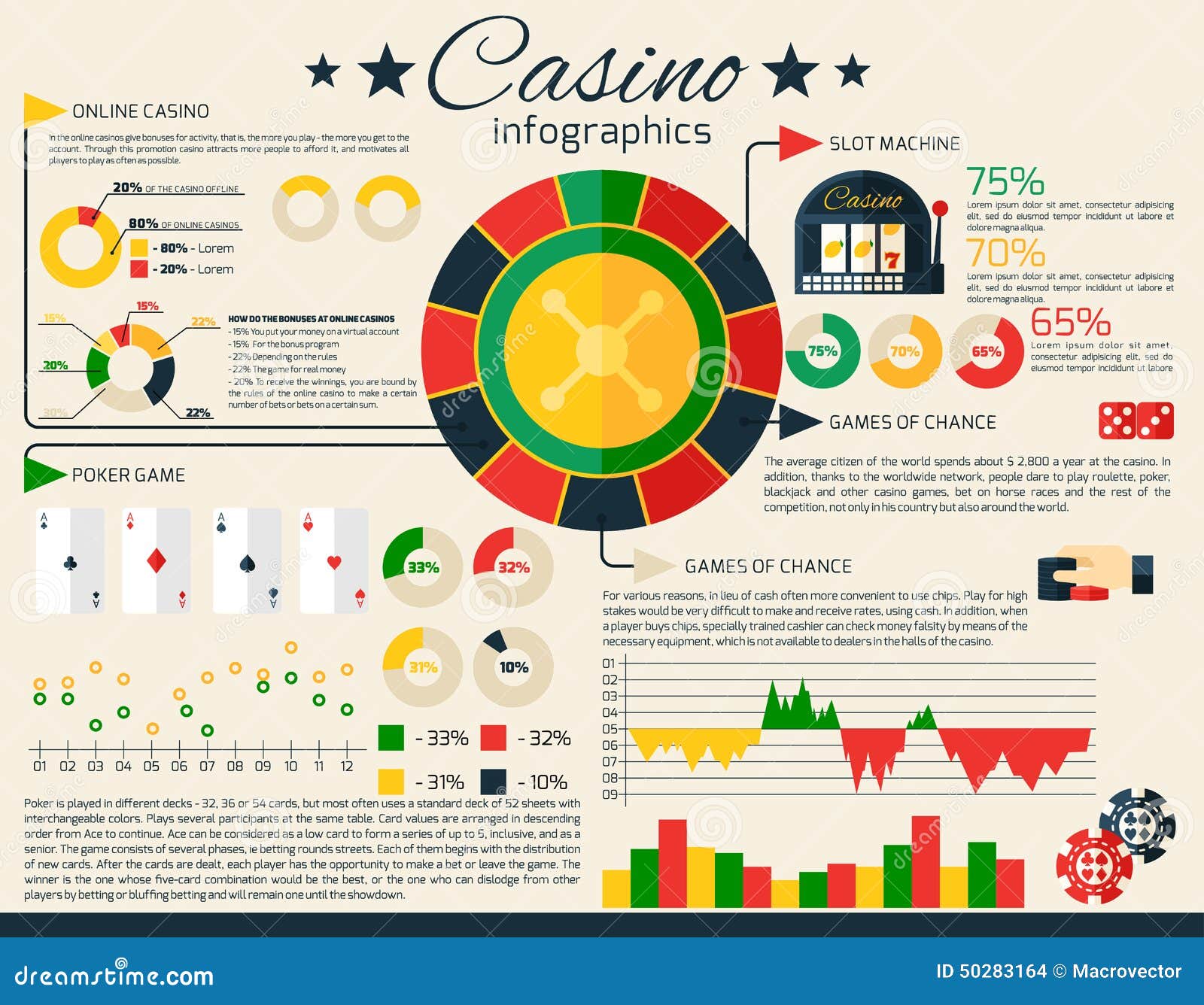The Psychology Behind Slot Games: Why We Love Them
Material Writer-Pham Wade Envision yourself being in front of a vibrantly lit vending machine, the noise of spinning reels and clattering coins filling up the air. Ever before asked yourself why these games hold such an effective attraction? Explore the interesting globe of Slot game psychology and uncover the secrets behind our love for them. Check out the function of reinforcement, the effect of aesthetic and acoustic stimulations, and the impact of cognitive prejudices on our decision-making. Get ready to uncover the psychology behind Slot games and understand the irresistible pull they have on us.
The Duty of Reinforcement in Slot Video Game Dependency
You can't stand up to the effective attraction of the continuous rewards and thrilling gameplay that gas Slot game dependency. It resembles a continuous cycle of enjoyment and anticipation, as you view the reels spin and wish for that big win. And when it takes place, the rush of dopamine floods your mind, making you yearn for extra. This is the role of reinforcement in Slot game dependency— the concept that the periodic rewards and unpredictable end results maintain you hooked. It's the same principle that makes betting so addicting, as you're continuously chasing after that following win. The flashing lights, the sounds of coins dropping, and the adrenaline thrill— all of it includes in the excitement. And before you understand it, you're captured in the hold of Slot game dependency, unable to stand up to the temptation to play again and again.
The Impact of Visual and Auditory Stimuli on Slot Game Appeal
The visual and auditory stimulations in Slot games develop an immersive and fascinating experience for gamers. When you take a seat at a slots, the vivid colors, flashing lights, and involving audio impacts promptly grab your attention. https://turnto10.com/news/local/ballys-twin-river-lincoln-casino-poker-room-limited-availability-seats-cards-dealers-gambling-gaming-rhode-island visuals frequently feature eye-catching signs and computer animations that maintain you visually engaged, while the sound effects, such as the rotating reels and congratulatory music, contribute to the enjoyment. These stimulations interact to create a multisensory experience that promotes your senses and keeps you participated in the video game. https://mgyb.site/p7LKW of aesthetic and acoustic stimuli not only enhances the overall charm of Slot video games yet likewise contributes to the addicting nature of these games. The more immersive and involving the experience, the more likely you're to keep having fun, going after the excitement of winning.
The Impact of Cognitive Prejudices on Slot Game Decision-Making
Several players often undervalue the impact of cognitive biases and make impulsive choices when playing Slot games. These biases, rooted in our thinking patterns and psychological faster ways, can greatly influence our decision-making procedure. Right here are four cognitive predispositions that frequently enter into play when playing Slot games: 1. Schedule Bias: This bias triggers players to overestimate the possibility of winning based on recent wins or near misses. They may think that a win is more brewing because they bear in mind previous victories clearly. 2. Casino player's Misconception: This predisposition leads players to think that past results can affect future results. As an example, if a gamer has been shedding for a while, they may start to believe that a win is due soon, despite the fact that each spin is independent of previous rotates. 3. Securing Bias: This predisposition happens when gamers focus on a details result or number and base their decisions on it. As an example, if a player sees a large pot promoted, they may end up being much more happy to spend more cash in pursuit of that particular end result. 4. Verification Bias: This prejudice causes gamers to seek details that verifies their existing beliefs and ignore or reject details that opposes them. If a gamer thinks that a certain vending machine is fortunate, they might only keep in mind and focus on the times they won while playing that particular machine, overlooking any losses they might have experienced. Recognizing these cognitive biases can aid gamers make even more enlightened decisions and avoid falling under common catches when playing Slot video games. Conclusion To conclude, Slot video games aren't simply an easy form of home entertainment; they're a habit forming and tempting pressure that adjusts our minds and emotions. The support of winning and the seductive appeal of aesthetic and auditory stimuli develop an envigorating cocktail that keeps us returning for more. Combined with our own cognitive prejudices, it's no surprise that we discover ourselves incapable to resist the allure of the vending machine. It's a psychological trap that captures us, leaving us yearning for that following big win. 